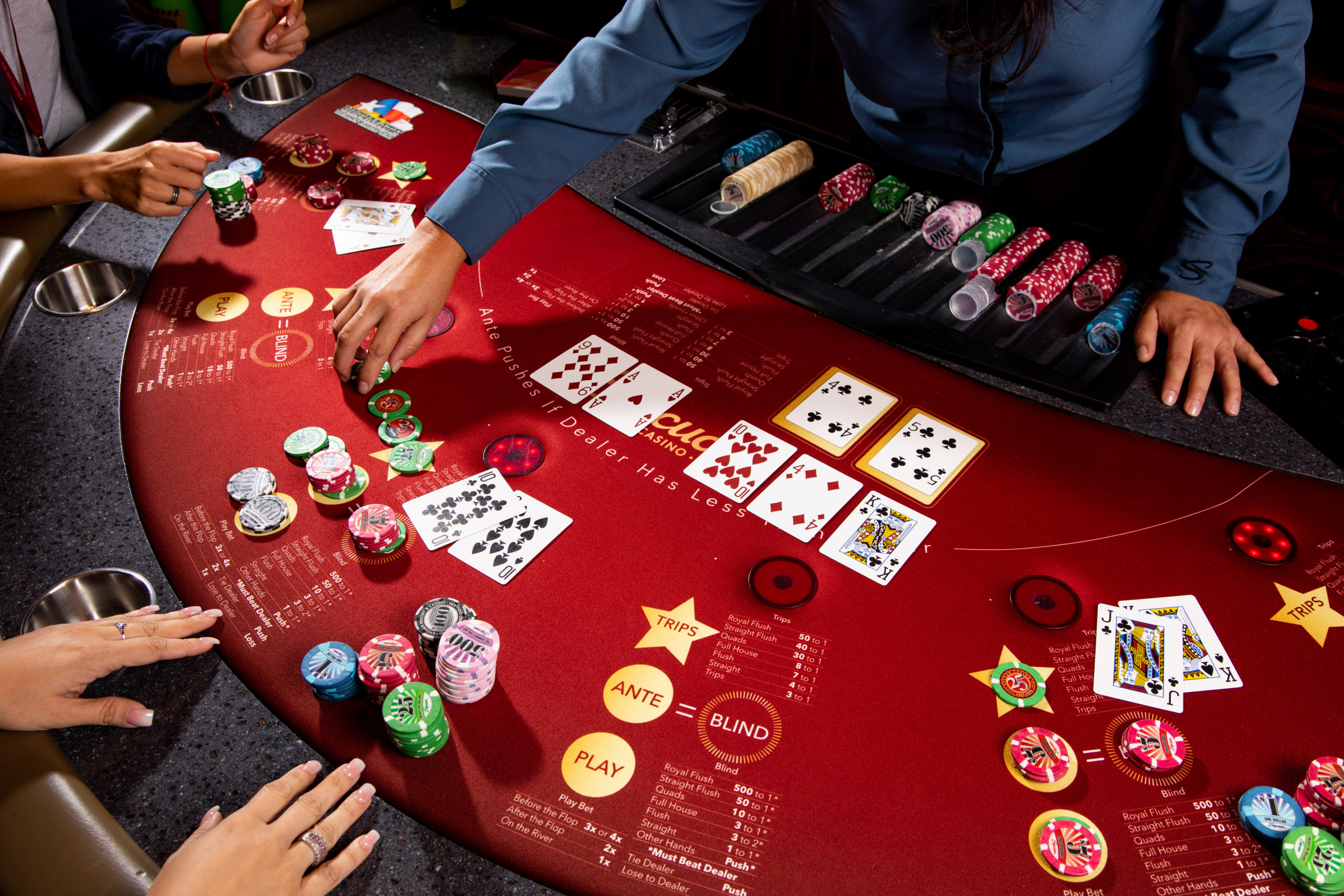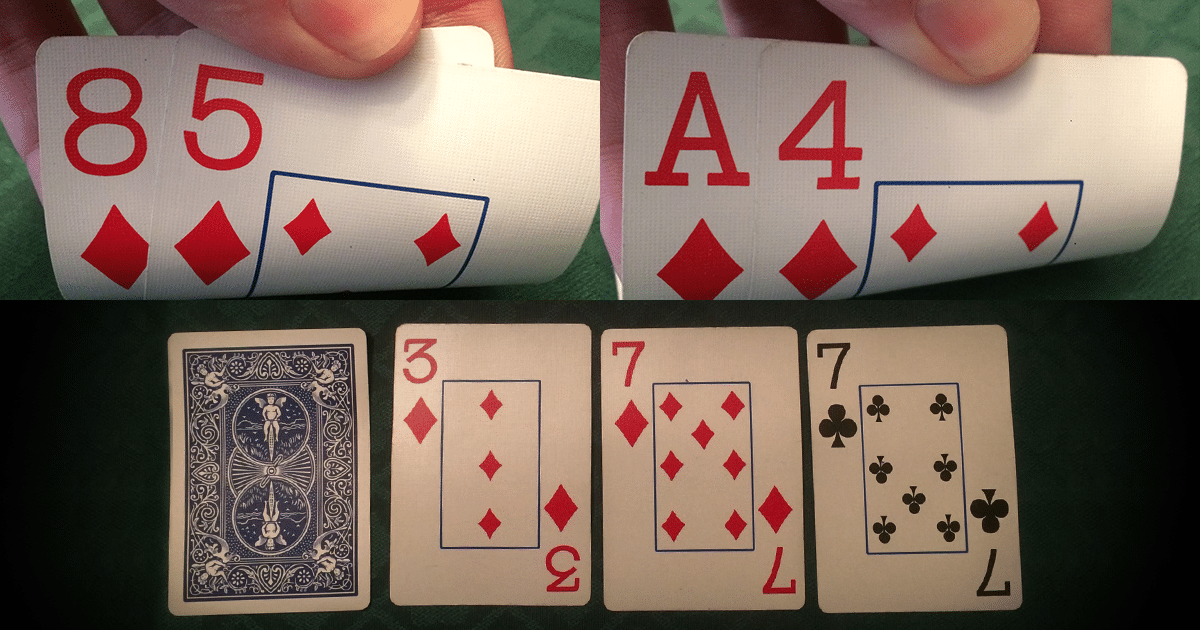Best Way To Play Texas Holdem
- 51 Texas Holdem Tips And Strategies. #21 Be Aggressive. The main component of a winning poker strategy is aggression. When you take aggressive actions (bet and raise), there are two ways. #22 Make The All-in Power Play. #23 Always Consider Your “Effective Stack” Size. #24 Learn To Categorize Your.
- Learning the Basics of Position Many advanced players will argue that position is the single most important factor in playing Texas Hold’em, even more than the cards you hold. The image below.
In yesterday's article I discussed how no-limit players face certain challenges when jumping into the increasingly popular fixed-limit games that are part of mixed-game and H.O.R.S.E. rotations. There I talked primarily about how implied odds work differently (and are less significant) in limit games as opposed to no-limit.
Because of that big difference, the way you play your hand in limit is going to be very different from how you'd play the same cards in no limit. Today I want to explore five more ways NL players have to adjust their thinking when playing in limit games.
Understanding poker hand rankings. Royal flush – An ace, king, queen, jack and ten of the same suit. Straight flush – Five cards in a running number sequence of the same suit. Four of a kind – Four cards of the same number rank and one other card. Full house – Three cards of the same rank and one. Play Texas holdem poker: Texas poker is a fast and lively game with Holdem being one of the most popular types of poker played today. Each player starts receives two hole-cards which are dealt face down. After that, each player receives additional cards that are dealt face up. The winner is the player that has the best combination of cards.
1. Play Much More Selectively Preflop
Since limit doesn't have the huge implied odds that no-limit has, it's much more important to avoid situations with long drawing odds. Put simply, you should chase less in limit than in no-limit.
In limit, you are awarded far less when your long shots come in. So you don't want to play them. Low suited connectors should be less appealing to play if the hand is raised preflop. Same thing for low pairs. Unless nearly everyone is in preflop, you can't get the pot odds to justify set mining or to go for other long shot draws.
2. Press Your Advantages Early

Because the amount you can win in later streets is so much more limited in limit, you need to press your advantages when you have them. When you have a strong hand, you're looking to extract extra bets whenever you can. Accordingly, you will be more likely to raise preflop, especially in position, with medium pairs and with big cards like , , and .
3. Play Much More Selectively on the Flop
I'm not suggesting that you have to always play 'fit or fold' poker, but in limit games you certainly want to lean more in that direction than in no-limit. In no-limit you can justify getting out of line early since you can use bet sizing later to cause your opponent to make stack-sized errors. Not so with limit, when your ability to make money is so circumscribed.
Put another way, you can't get as creative with your line of play on the flop, because the play after the flop will tend to be much more straightforward, and the reward for fooling your opponent comparatively smaller.
4. Call More on the River
The bet on the river is likely to be a very small percentage of the size of the pot, which means you're getting much better pot odds for your call than is often the case with river bets in no-limit.
Looked at another way, a typical limit pot might be 10 times the size of that final-round 'big bet.' That means if you make a mistake by calling incorrectly on the river you're only losing a single bet, but if you fold incorrectly you've made a pot-sized mistake that is 10 times greater than your error of folding incorrectly. Unless you are nearly certain that you are beaten, you should call a bet on the river in limit hold'em.

5. Check-Raise More Frequently
There's check-raising in no-limit, of course, but it's a much more important and frequently used tool in limit games. You need to use it for two reasons chiefly.
Computer Texas Holdem Free
First off, to gain an advantage in limit games you must pick up extra bets when you can, and check-raising is one means by which to get an extra bet in on a given round. Similarly, since the bet is limited, it carries much less clout when you are trying to force other players out of the pot. You must use the check-raise to increase the power of your betting action to get opponents to fold. In no-limit you can exert such pressure with the size of your bet — an option not available to you in limit.

Conclusion
Best Way To Play Texas Holdem With Friends
In many games, when playing limit, it's often going to be the steady, consistent, by-the-book strategy that will win the money. Tend to play tight in the early betting round, but don't fold to a bet on the river unless you're sure you're beaten. Endeavor to win the extra bet whenever possible.
In limit it's important that you consistently press your advantages at every opportunity, and not try to fool your opponent into making stack-sized errors as is a goal in no-limit.
Ashley Adams has been playing poker for 50 years and writing about it since 2000. He is the author of hundreds of articles and two books, Winning 7-Card Stud (Kensington 2003) and Winning No-Limit Hold'em (Lighthouse 2012). He is also the host of poker radio show House of Cards. See www.houseofcardsradio.com for broadcast times, stations, and podcasts.
Tags
cash game strategytournament strategyno-limit hold’emlimit hold’emcheck-raisingvalue bettingstarting hand selectionpreflop selectionpostflop selection
Rounds of Betting
- Opening deal- Each player is dealt two cards face down, which are known as hole cards or pocket cards.
- First round of betting- Starting with the player to the left of the big blind, each player can call the big blind, raise, or fold. The big blind has the option to raise an otherwise unraised pot.
- The flop- The dealer burns a card, and then deals three community cards face up. The first three cards are referred to as the flop, while all of the community cards are collectively called the board.
- Second round of betting- Starting with the player to the left of the dealer button, each player can check or bet. Once a bet has been made, each player can raise, call, or fold.
- The turn- The dealer burns another card, and then adds a fourth card face-up to the community cards. This fourth card is known as the turn card, or fourth street.
- Third round of betting- It follows the same format as the second round, but the size of the bets have usually doubled in limit games.
- The river- The dealer burns another card, and then adds a fifth and final card to the community cards. This fifth card is known as the river card, or fifth street.
- Final round of betting- It follows the same format as the second and third rounds.
- The showdown- Using the best five-card combination of their hole cards and the community cards, the remaining players show their hands, with the bettor or last raiser showing first. The highest five-card hand wins the pot. (In case of a tie, the pot is evenly split among the winning hands.)
Best Free Texas Holdem Game
Other Texas Hold'em Poker RulesOnline Texas Holdem

How To Play Texas Holdem
Free Texas Holdem Play Money
- These rules deal only with irregularities. SeeButton and Blinduse for rules on that subject.
- If the first or second hole card dealt is exposed, a misdeal results. The dealer retrieves the card, reshuffles, and recuts the cards. If any other holecard is exposed due to a dealer error, the deal continues. The exposed card can not be kept. After completing the hand, the dealer replaces the card with the top card on the deck, and the exposed card is then used for the burncard. If more than one hole card is exposed, this is a misdeal and there must be a redeal.
- If the flop contains too many cards, it must be redealt. (This applies even if it is possible to know which card is the extra one.)
- If the flop needs to be redealt because the cards were prematurely flopped before the betting was complete, or the flop contained too many cards, the board cards are mixed with the remainder of the deck. The burn card remains on the table. After shuffling, the dealer cuts the deck and deals a new flop without burning a card.
See Explanations,discussion #2, for more information on this rule. - If the dealer turns the fourth card on the board before the betting round is complete, the card is taken out of play for that round, even if subsequent players elect to fold. The betting is then completed. The dealer burns and turns what would have been the fifth card in the fourth card's place. After this round of betting, the dealer reshuffles the deck, including the card that was taken out of play, but not including the burn cards or discards. The dealer then cuts the deck and turns the final card without burning a card. If the fifth card is turned up prematurely, the deck is reshuffled and dealt in the same manner.
See Explanations,discussion #2, for more information on this rule. - If the dealer mistakenly deals the first player an extra card (after all players have received their starting hands), the card is returned to the deck and used for the burn card. If the dealer mistakenly deals more than one extra card, it is a misdeal.
- If you are playing the board, you must so declare before you throw your cards away; otherwise you relinquish all claim to the pot.